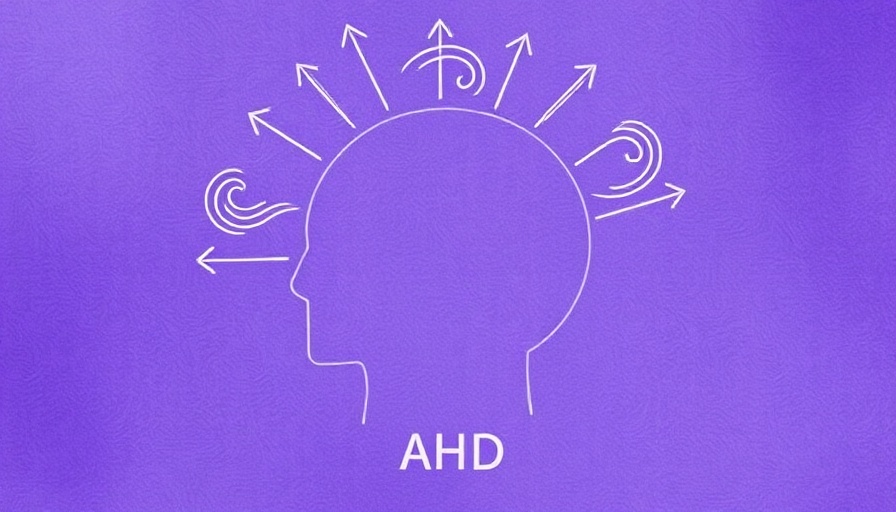
Understanding ADHD and Its Impact
For many, having ADHD feels like navigating a turbulent sea with no map. Attention-Deficit/Hyperactivity Disorder, commonly known as ADHD, is often misunderstood and reduced to mere distractions or lack of willpower. In reality, ADHD is a medical condition that affects executive functioning—skills crucial for self-management and decision-making. Research indicates that genetics plays a significant role in ADHD, comparable to traits like height.
The Role of Mindfulness in ADHD
Mindfulness practices offer an essential support system for those navigating the complexities of ADHD. Far from a substitute for clinical interventions, mindfulness enhances them. Techniques such as self-compassion and loving-kindness training not only give individuals the tools for better self-regulation but also foster an atmosphere of awareness and intention. By embedding mindfulness into daily routines, individuals can significantly improve concentration and emotional control.
Training the Mind: Foundational Supports
A broad approach to mindfulness involves more than mere meditation. It embraces the journey of continuous learning, building community, and training the mind. These foundational supports help develop essential traits like patience, empathy, and resilience, making it easier to manage daily challenges that ADHD may present. The transformative power of mindfulness lies in its ability to shift perspectives, allowing individuals to recognize their strengths rather than focusing solely on challenges.
Addressing Emotional Dysregulation
Emotional dysregulation—a common experience for those with ADHD—can lead to heightened self-criticism and stress. Mindfulness serves as a refuge, equipping individuals with tools to observe their emotional responses without becoming overwhelmed. By fostering an understanding of how thoughts and feelings influence actions, mindfulness cultivates a more compassionate inner dialogue.
Community and Connection: Building Support Networks
Isolation is a familiar feeling for many adults with ADHD, often due to the stigmas and misunderstandings surrounding the diagnosis. Developing a community that supports mindfulness practices helps dismantle feelings of isolation. Group settings provide encouragement, shared experiences, and camaraderie, essential for building resilience against the trials of ADHD.
Making Mindfulness a Daily Habit
Integrating mindfulness into everyday life might feel challenging, but it can start with small, manageable steps. Simple activities like deep breathing, journaling, or even mindful walking can create a meaningful connection to one’s thoughts and feelings.
By practicing mindfulness, individuals are more likely to respond thoughtfully rather than react impulsively. This shift can profoundly enhance their day-to-day interactions, making them more fulfilling and less stressful.
Real-Life Impact: Success Stories
Real testimonials from individuals who have embraced mindfulness in managing their ADHD provide valuable perspectives. For instance, Jennifer, a 32-year-old from Atlanta, shares how mindfulness has transformed her day-to-day experience. "Before practicing mindfulness, I was constantly battling feelings of inadequacy and frustration. Now, I can pause, breathe, and re-engage with my tasks more effectively. Mindfulness has become my anchor," she says.
Taking Action
Understanding and incorporating mindfulness practices into the lives of those dealing with ADHD can profoundly make a difference. By exploring various strategies and fostering community, individuals can build a fulfilling life where ADHD does not define their experiences. Consider starting your mindfulness journey today—your well-being is worth embracing positively.
 Add Row
Add Row  Add
Add 




Write A Comment